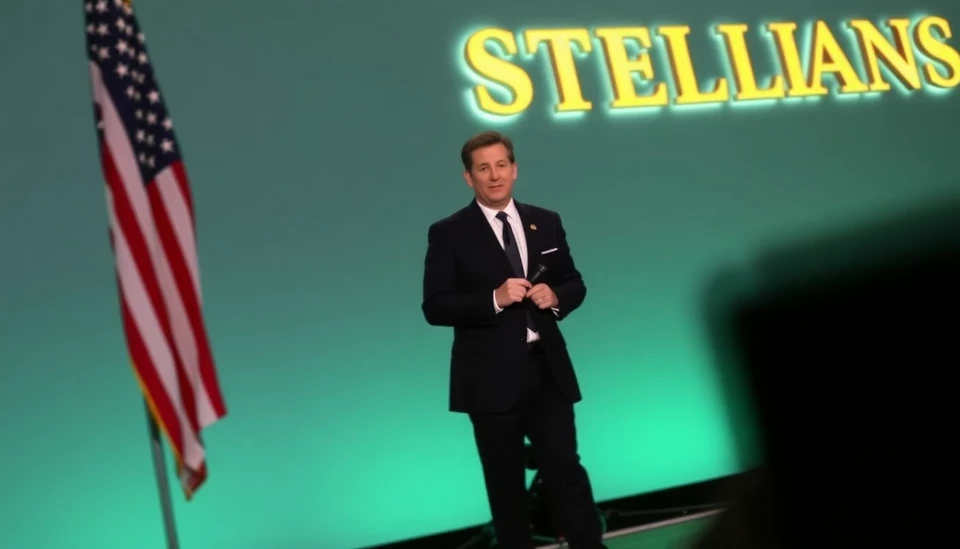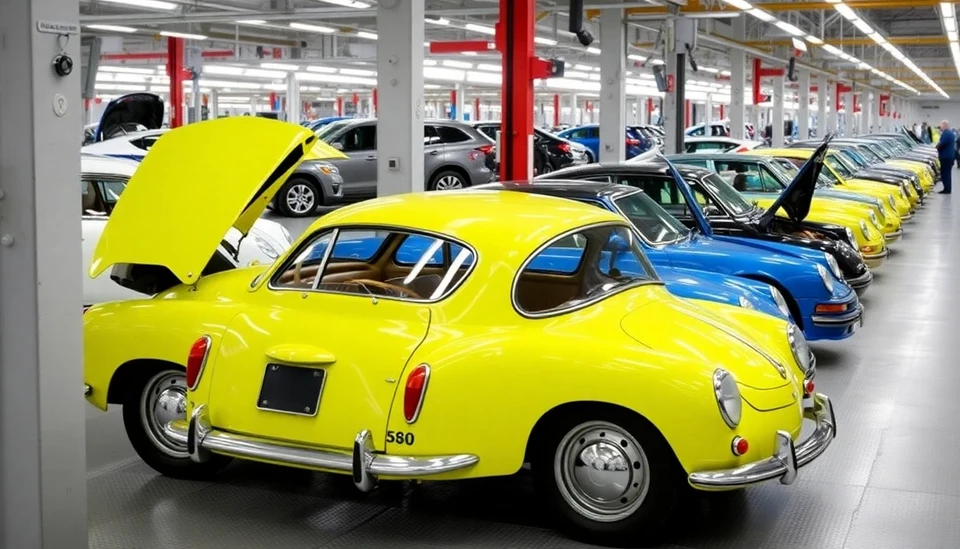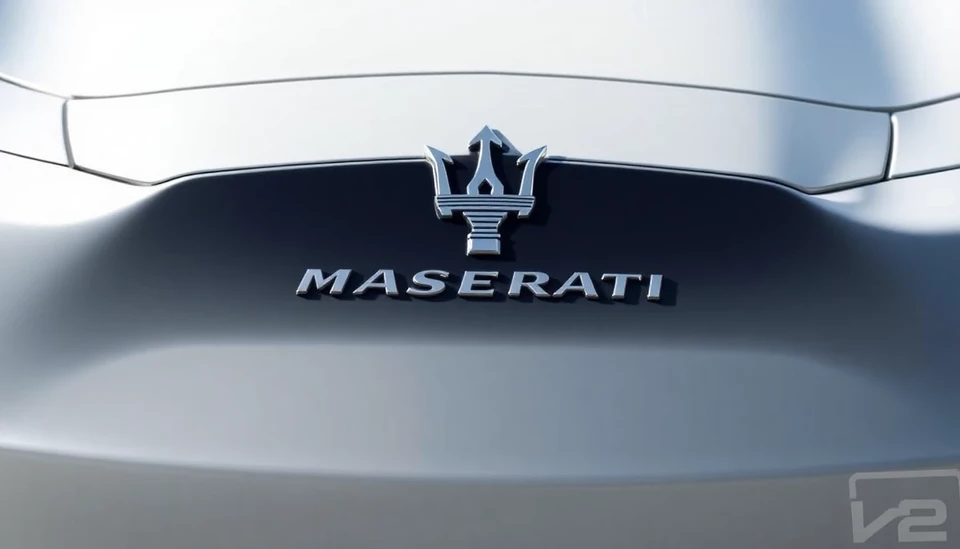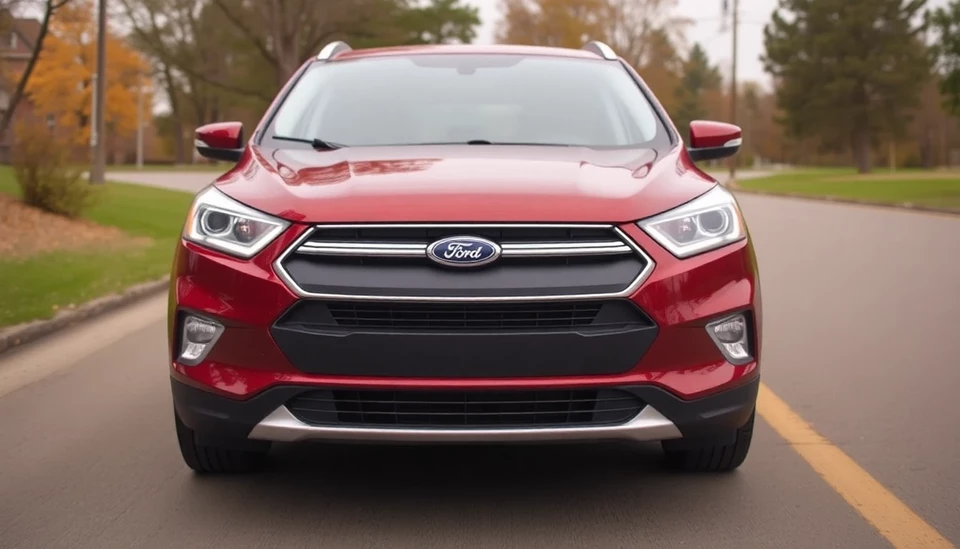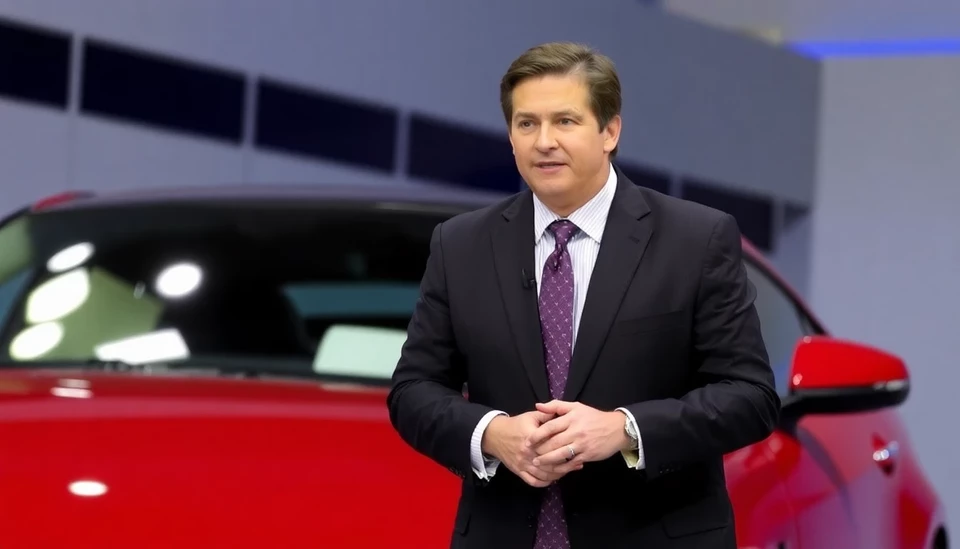
In a bold statement, Stellantis CEO Carlos Tavares has expressed a firm belief that the auto industry can thrive without the protective measures typically discussed in discussions about market disruptions. In a recent interview, Tavares underscored that the automotive sector is more than capable of navigating its way through significant transformations, regardless of economic conditions or technological advancements. This assertion comes at a critical time when the industry grapples with a multitude of challenges, including electrification and shifting consumer preferences.
Tavares emphasized that the diverse and competitive nature of the automotive landscape inherently serves as a defense mechanism for companies. He noted that innovation and adaptability are the key factors that will enable automakers to succeed in the face of adversity. While some industry experts advocate for protective tariffs and other forms of government intervention to shield local manufacturers from foreign competition, Stellantis is taking a different approach. Tavares believes that relying on a “defense” strategy could stifle creativity, ultimately hindering progress and growth within the sector.
The Stellantis leader pointed specifically to the company's recent developments in electric vehicle production as an example of how firms can evolve in response to changing market conditions. Stellantis has made substantial investments in electrification, aiming to offer a broad range of electric models across its various brands. By aligning product offerings with consumer demands, Tavares argues that automakers can better position themselves to thrive in an increasingly competitive field.
Furthermore, Tavares remarked on the need for manufacturers to actively engage with the requirements of modern consumers, who are increasingly concerned about sustainability and the environmental impact of their choices. He reiterated that a proactive stance—rather than a defensive one—will allow companies to capture market share and build loyalty among today’s eco-conscious buyers.
Stellantis combines the resources of a myriad of well-known automotive brands, including Fiat, Chrysler, Jeep, and Peugeot, to position itself as a formidable player in the global market. As the company continues to navigate its own transformative journey, it aims to set a precedent for resilience in an industry often seen as vulnerable to external pressures.
The automotive industry is at a crossroads, with electric vehicles quickly gaining popularity and traditional combustion-powered cars declining. Tavares’ optimistic outlook challenges conventional wisdom that suggests a need for extensive protective measures. Instead, his vision calls for a focus on innovation, strategic investments, and an unwavering commitment to meeting the evolving demands of consumers.
As Stellantis forges ahead, its approach may inspire other automakers to adopt a similar mindset, emphasizing adaptability over defensiveness in the quest for survival and success in the fast-evolving automotive world. The industry will be closely watching to see if Tavares' predictions hold true as companies continue to navigate unprecedented changes in the marketplace.
In conclusion, the message from Stellantis rings clear: a robust and forward-thinking automotive industry does not need to retreat into a defensive state. Instead, the focus should be on harnessing innovation, consumer engagement, and proactive strategies to drive growth and sustainability within an ever-competitive environment.
#Stellantis #CarlosTavares #AutomotiveIndustry #Innovation #ElectricVehicles #MarketStrategy #Sustainability #Adaptability #ConsumerEngagement
Author: Samuel Brooks
